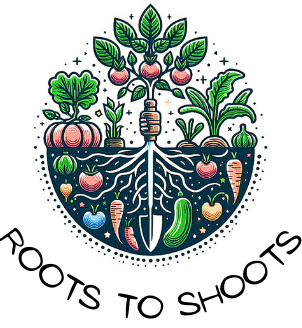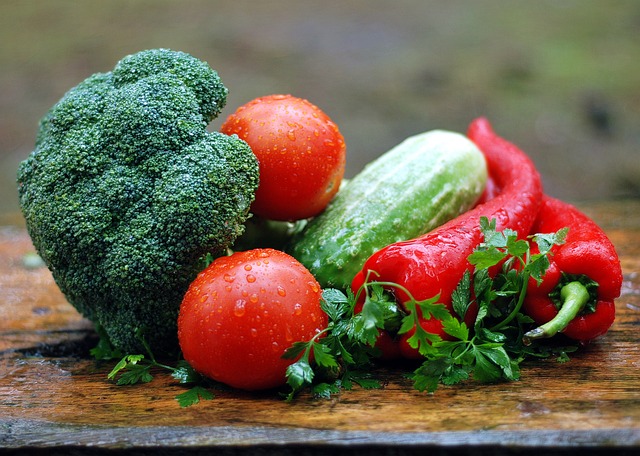Discover what are the best vegetables to grow at home. Garden with my expert insights. From vibrant tomatoes to zesty peppers, learn how to cultivate a thriving garden and enjoy the bounty of homegrown goodness.
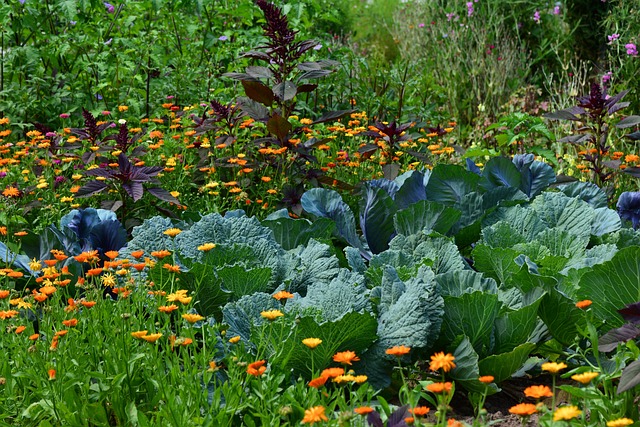
Hey there, fellow gardening aficionados! I’m Mitch, and let me tell you, there’s nothing quite like the satisfaction of growing your own vegetables at home. As someone who’s been knee-deep in soil for years, I’ve experienced the joy, the challenges, and the sheer wonder of cultivating my own little green paradise. Today, I’m thrilled to share with you my wealth of knowledge and passion for home gardening as we explore the vast world of homegrown veggies.
Picture this: the sun gently warming your face as you stroll through rows of lush greenery, the earthy aroma of freshly turned soil filling the air, and the anticipation of plucking your very own ripe, juicy tomatoes straight from the vine. That’s the magic of home gardening, my friends – a journey filled with wonder, discovery, and the pure delight of connecting with nature in your own backyard.
So, grab your gardening gloves and get ready to dig deep into the rich tapestry of homegrown vegetables. From the humble beginnings of tiny seeds to the bountiful harvest that awaits, we’ll explore the ins and outs of cultivating your own little patch of green heaven. Whether you’re a seasoned pro or just dipping your toes into the world of gardening, there’s something here for everyone.
Join me as we embark on a green-fingered adventure, filled with tips, tricks, and plenty of inspiration to fuel your gardening dreams. So, without further ado, let’s roll up our sleeves, get our hands dirty, and let the gardening magic begin!
Head Over Here and Check out this vegetable seed starter kit for Everything you need
Also Check Out The Ultimate Grow Guide Page Here
So what are the best vegetables to grow at home
Before we jump into all the veggies, let’s talk about why gardening at home is so cool. First off, the taste of homegrown veggies is out of this world – way better than anything you can buy at the store. Plus, you know exactly where your food is coming from, which is pretty neat. Gardening is also super relaxing and gives you a break from everyday stress. So, with all these awesome perks, let’s get into the fun stuff – growing your own veggies!
Tomatoes
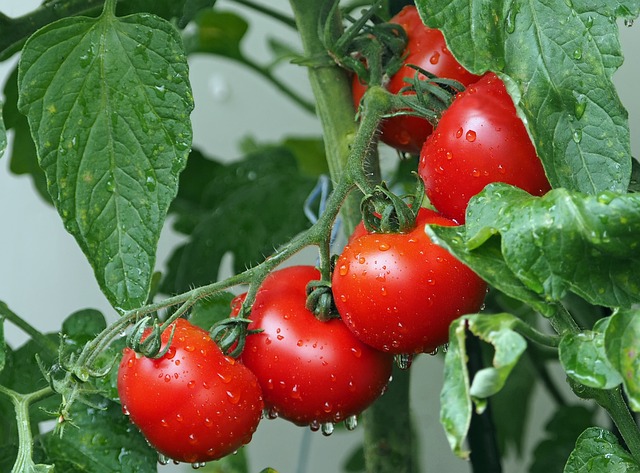
Variety Galore: I’ve dabbled in all sorts of tomato varieties – from big, beefy beefsteaks to sweet and juicy cherry tomatoes. Each type brings its own unique flavor and texture to the table, making tomato growing an exciting adventure.
Abundance and Continuity: One of the best things about growing tomatoes is the sheer abundance they provide. With just a few well-tended plants, I can enjoy a continuous harvest throughout the growing season. It’s like having a never-ending supply of fresh, flavorful tomatoes right in my backyard.
Challenges and Triumphs: Of course, tomato growing isn’t always smooth sailing. I’ve encountered my fair share of challenges, from pesky pests to finicky weather conditions. But overcoming these obstacles has only made me a better gardener, and the satisfaction of finally harvesting a ripe, delicious tomato is unmatched.
Flavour Explosion: Hands down, the best part of growing tomatoes at home is the incredible flavor. There’s simply no comparison between a homegrown tomato and one that’s been shipped halfway across the country. Whether eaten fresh off the vine or incorporated into a mouthwatering dish, homegrown tomatoes are a true taste sensation.
Learning and Growing: With each season, I continue to learn and grow as a tomato gardener. I’ve picked up valuable tips and tricks along the way – from the importance of proper pruning to the benefits of companion planting. Every year brings new discoveries and new opportunities to improve my tomato-growing skills.
Leafy Greens
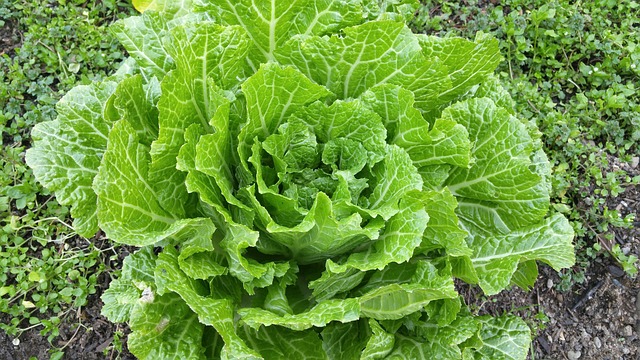
Versatility in Greenery: Leafy greens are a staple in my garden for their versatility and nutritional value. From crunchy lettuce to robust spinach and peppery arugula, there’s a leafy green for every taste and culinary need.
Fast Growth and Continuous Harvest: One of the things I love most about growing leafy greens is their rapid growth and ability to provide a continuous harvest. Unlike some vegetables that take months to mature, leafy greens can be ready to harvest in just a few weeks, and by picking the outer leaves, you can enjoy a steady supply all season long.
Perfect for Small Spaces: Leafy greens are also ideal for gardeners with limited space. Whether you have a small backyard, a balcony, or even just a sunny windowsill, you can easily grow a variety of greens in containers or small raised beds. They’re a great option for urban gardeners or anyone looking to maximize their growing space.
Nutritional Powerhouses: In addition to being delicious, leafy greens are packed with essential vitamins, minerals, and antioxidants. They’re low in calories but high in nutrients, making them a valuable addition to any diet. Plus, there’s something incredibly satisfying about knowing that the greens on your plate were grown with your own two hands.
Easy to Grow and Low Maintenance: Leafy greens are notoriously easy to grow, making them perfect for beginners or anyone with a busy schedule. They don’t require much fuss – just some well-draining soil, regular watering, and plenty of sunlight. With minimal effort, you can enjoy a bounty of fresh, healthy greens right at your fingertips.
peppers
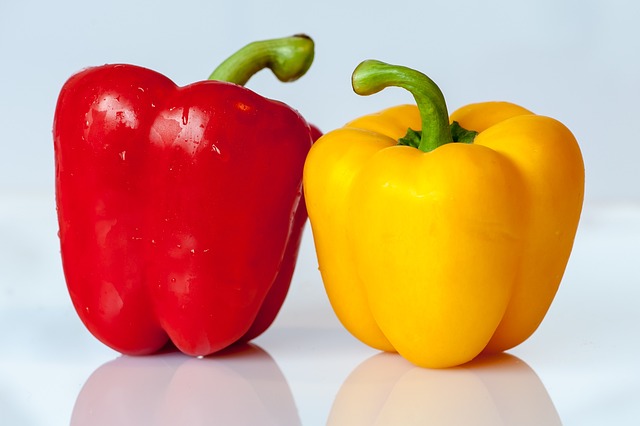
Sweet or Spicy Delights: Peppers come in a dazzling array of varieties, from sweet bell peppers to fiery hot chili peppers. No matter your taste preferences, there’s a pepper out there to suit your palate. I’ve experimented with everything from mild banana peppers to tongue-searing habaneros, and each one brings its own unique flavor and heat level to the table.
Prolific Producers: One of the things I love most about growing peppers is their prolific nature. With just a few well-tended plants, you can enjoy a bountiful harvest of peppers throughout the growing season. Whether you’re adding them to stir-fries, stuffing them with cheese and herbs, or pickling them for a tangy snack, you’ll never run out of ways to enjoy your homegrown peppers.
Versatility in the Kitchen: Peppers are incredibly versatile in the kitchen, adding color, flavor, and heat to a wide range of dishes. I love incorporating them into everything from salsas and sauces to soups and salads. Plus, they’re a great source of vitamins A and C, as well as antioxidants, making them as nutritious as they are delicious.
Easy to Grow: Despite their exotic appearance, peppers are surprisingly easy to grow, making them perfect for gardeners of all skill levels. They thrive in warm, sunny conditions and require minimal maintenance beyond regular watering and fertilizing. With a little TLC, you’ll be rewarded with a bumper crop of peppers that will spice up your meals all season long.
Colourful and Ornamental: In addition to their culinary appeal, peppers also add a pop of color and visual interest to the garden. With their vibrant hues of red, yellow, orange, and green, pepper plants are as beautiful as they are productive. Whether you’re planting them in containers on your patio or in the ground in your backyard, peppers are sure to attract attention and admiration from passersby.
Cucumbers
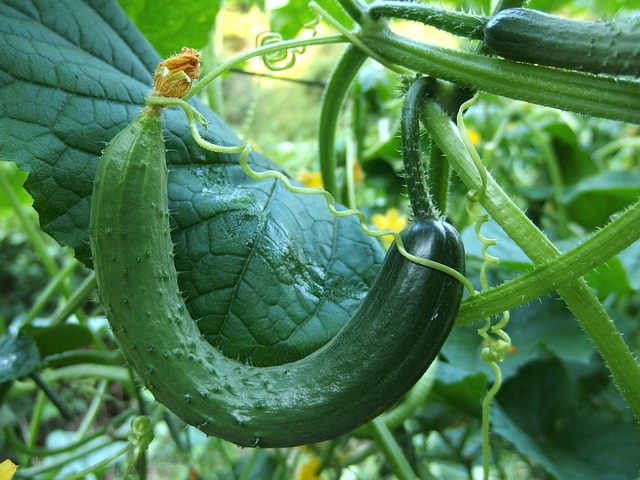
Refreshing and Crisp: Cucumbers are a staple in my garden for their refreshing flavor and crisp texture. Whether eaten fresh in salads, sliced for sandwiches, or pickled for a tangy snack, there’s no denying the versatility of this humble vegetable.
Vining Marvels: One of the things I love most about growing cucumbers is their vining habit, which allows them to climb trellises or fences, saving valuable garden space. With proper support, cucumber vines can reach impressive heights, producing an abundance of fruit throughout the growing season.
Space-Saving Solutions: Cucumbers are also well-suited to container gardening, making them an excellent choice for gardeners with limited space. Whether you’re growing them in pots on your patio or hanging baskets on your balcony, cucumbers are happy to thrive wherever they’re planted.
Cool and Hydrating: In addition to their delicious flavor and versatility, cucumbers are also incredibly hydrating, making them the perfect snack for hot summer days. With their high water content and refreshing crunch, cucumbers provide a welcome respite from the heat and help keep you cool and hydrated all season long.
Pest and Disease Resistant: Cucumbers are relatively low-maintenance plants, with few pest or disease problems to contend with. By providing adequate water, sunlight, and support, you can enjoy a healthy and productive cucumber crop without the need for chemical pesticides or fungicides.
Herbs
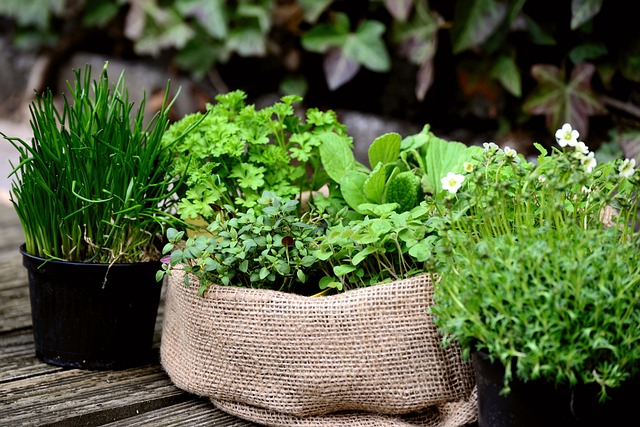
Aromatic Powerhouses: Herbs are the unsung heroes of the culinary world, adding depth, flavor, and aroma to a wide range of dishes. From the delicate sweetness of basil to the pungent bite of cilantro, each herb brings its own unique personality to the table.
Easy to Grow Indoors or Out: One of the things I love most about growing herbs is their versatility. Whether you have a sunny windowsill, a small balcony, or a sprawling garden, there’s an herb that’s perfect for your space. Many herbs can be grown indoors year-round, providing a constant supply of fresh flavor for your favorite recipes.
Medicinal and Therapeutic Uses: In addition to their culinary appeal, many herbs also have medicinal and therapeutic properties. From soothing chamomile tea to invigorating peppermint oil, herbs have been used for centuries to treat a variety of ailments and promote overall well-being.
Low Maintenance and High Reward: Herbs are notoriously easy to grow, making them perfect for gardeners of all skill levels. Most herbs require little more than well-drained soil, regular watering, and plenty of sunlight to thrive. With minimal effort, you can enjoy a bountiful harvest of fresh herbs throughout the growing season.
Endless Culinary Possibilities: Perhaps the best thing about growing herbs is the endless culinary possibilities they provide. Whether you’re adding them to soups and stews, sprinkling them over salads and pasta dishes, or infusing them into oils and vinegars, herbs have the power to elevate any meal from ordinary to extraordinary.
For a full list of vegetables head over here to Wikipedia
Additional tips and advice
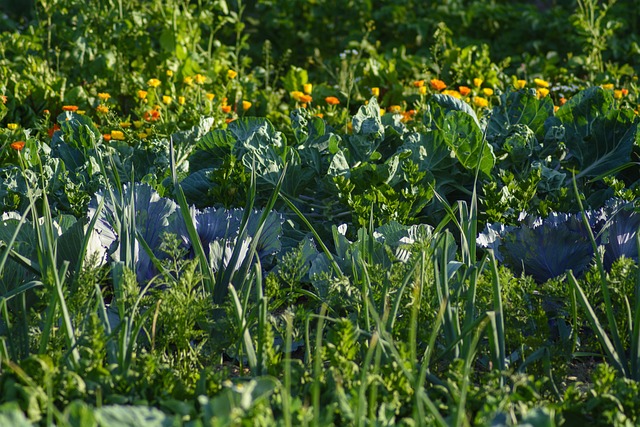
Start Small: If you’re new to gardening, it’s tempting to want to plant everything at once. However, starting small and gradually expanding your garden allows you to learn as you go and avoid feeling overwhelmed.
Know Your Space: Before planting, take some time to assess your gardening space and consider factors like sunlight, soil quality, and available water sources. Choose plants that are well-suited to your growing conditions for the best results.
Rotate Your Crops: To prevent soil depletion and minimize pest and disease problems, it’s important to rotate your crops each year. Plan your garden layout so that different plant families are grown in different areas from season to season.
Practice Companion Planting: Companion planting involves planting certain crops together to enhance growth, repel pests, and improve flavor. For example, planting basil alongside tomatoes can improve tomato flavor and deter pests like aphids.
Water Wisely: Proper watering is essential for a healthy garden, but it’s important to water wisely to avoid water waste and overwatering. Water your plants deeply and infrequently, preferably in the morning, to encourage strong root growth and reduce the risk of fungal diseases.
Mulch and Compost: Mulching helps retain soil moisture, suppress weeds, and improve soil structure. Organic mulches like straw, grass clippings, or shredded leaves also break down over time, adding valuable nutrients to the soil. Similarly, composting kitchen scraps and garden waste creates nutrient-rich compost that can be used to feed your plants.
Stay Vigilant: Regularly inspect your plants for signs of pests, diseases, or nutrient deficiencies, and take prompt action to address any issues. Early intervention can help prevent problems from spreading and keep your garden healthy and productive.
Embrace Continuous Learning: Gardening is a journey of continuous learning and discovery. Take advantage of resources like books, online forums, and local gardening clubs to expand your knowledge and connect with fellow gardeners. Don’t be afraid to experiment and try new techniques – you never know what you might discover!
The Wrap up
Thinking about my time in the garden, I’m struck by how much joy it brings me. There’s something truly special about seeing those tiny seeds I planted grow into big, beautiful plants that provide me with delicious veggies to enjoy. It’s like a little miracle happening right in my backyard! Gardening also helps me slow down and appreciate the little things in life. It’s a chance to step away from the busyness of everyday life and connect with nature in a meaningful way. Whether you’re a seasoned gardener or just starting out, I encourage you to give it a try. There’s so much satisfaction to be found in growing your own food and nurturing the plants that provide it. So here’s to many more seasons of homegrown goodness and happy gardening to all! Leave us a comment please.
Thanks Mitch
Follow to stay up to date with new posts!
Our website contains affiliate links. This means if you click and make a purchase, we may receive a small commission. Don’t worry, there’s no extra cost to you. It’s a simple way you can support our mission to bring you quality Gardening Tips.
Last Updated on February 12, 2025 by Mitch
